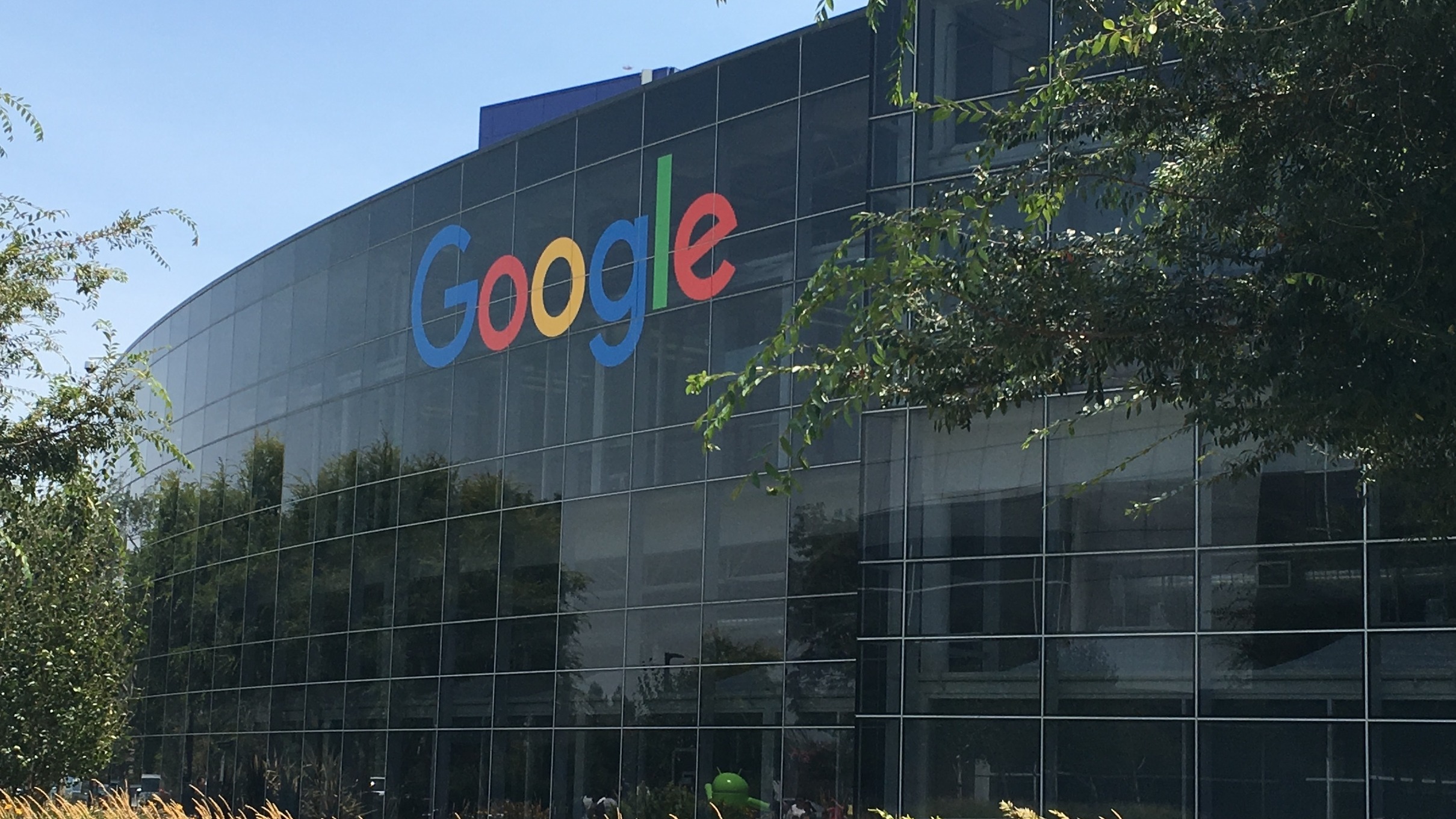Google said it plans to appeal a ruling that found it guilty of anti-competitive practices related to its online search service.
In August 2024, a US federal court ruled that Google illegally maintained a monopoly in online search, marking a significant victory for antitrust regulators in their efforts to curb the power of BigTech firms.
Following the ruling, the US Department of Justice has proposed several measures, including forcing Google to divest from Chrome and a ban on exclusivity agreements with smartphone manufacturers for the default installation of the search engine.
It also calls for the Californian company to share the data used to produce search results on Chrome.
"We will wait for the Court's opinion. And we still strongly believe the Court's original decision was wrong, and look forward to our eventual appeal," the tech giant said in a post on X.
The department's proposal "reserves the right for the government to decide who gets Google users' data. Not the Court," Google added.
The company continued: "While we heard a lot about how the remedies would help various well-funded competitors (w/ repeated references to Bing), we heard very little about how all this helps consumers.”
Arguing that these measures would harm consumers and primarily benefit competitors rather than foster fair competition, Google has proposed limited measures, such as allowing phone manufacturers to pre-install the Google Play app store while excluding Chrome and its search engine.
In August, Judge Amit Mehta of the US District Court for the District of Columbia found that Google violated Section 2 of the Sherman Act, a key US antitrust law.
In his ruling, Judge Mehta stated: "After having carefully considered and weighed the witness testimony and evidence, the court reaches the following conclusion: Google is a monopolist, and it has acted as one to maintain its monopoly."
During the proceedings, Judge Mehta also acknowledged that the emergence of AI products could potentially replace traditional search engines. “Ten years may seem like a short period, but in this space, a lot can change in weeks,” said Mehta.
The case, brought by the US Department of Justice and attorney generals from over three dozen states and territories, centred on Google's practices in the search engine market.
Prosecutors argued that Google spent billions of dollars annually on agreements with device manufacturers and browser makers to ensure its search engine was the default option on smartphones and computers.
According to the ruling, Google paid $26.3 billion in 2021 alone to secure default positions on various platforms.
Judge Mehta noted that these agreements gave Google an anti-competitive advantage, making it financially unfeasible for rivals to compete for default status.
The judge's final decision is expected by August 2025.
Latest News
-
CoreWeave and Meta sign $14.2bn cloud deal as AI build-out accelerates
-
UK government launches £1m regional tech programme
-
Apple, Google and Meta to stand trial in the US over ‘illegal gambling promotion’
-
National Technology Awards 2026 open for entries
-
ChatGPT adds direct purchasing as OpenAI and Stripe unveil Agentic Commerce Protocol
-
New rules force tech firms to prevent cyberflashing in the UK
The future-ready CFO: Driving strategic growth and innovation
This National Technology News webinar sponsored by Sage will explore how CFOs can leverage their unique blend of financial acumen, technological savvy, and strategic mindset to foster cross-functional collaboration and shape overall company direction. Attendees will gain insights into breaking down operational silos, aligning goals across departments like IT, operations, HR, and marketing, and utilising technology to enable real-time data sharing and visibility.
The corporate roadmap to payment excellence: Keeping pace with emerging trends to maximise growth opportunities
In today's rapidly evolving finance and accounting landscape, one of the biggest challenges organisations face is attracting and retaining top talent. As automation and AI revolutionise the profession, finance teams require new skillsets centred on analysis, collaboration, and strategic thinking to drive sustainable competitive advantage.
© 2019 Perspective Publishing Privacy & Cookies




.jpg)








Recent Stories